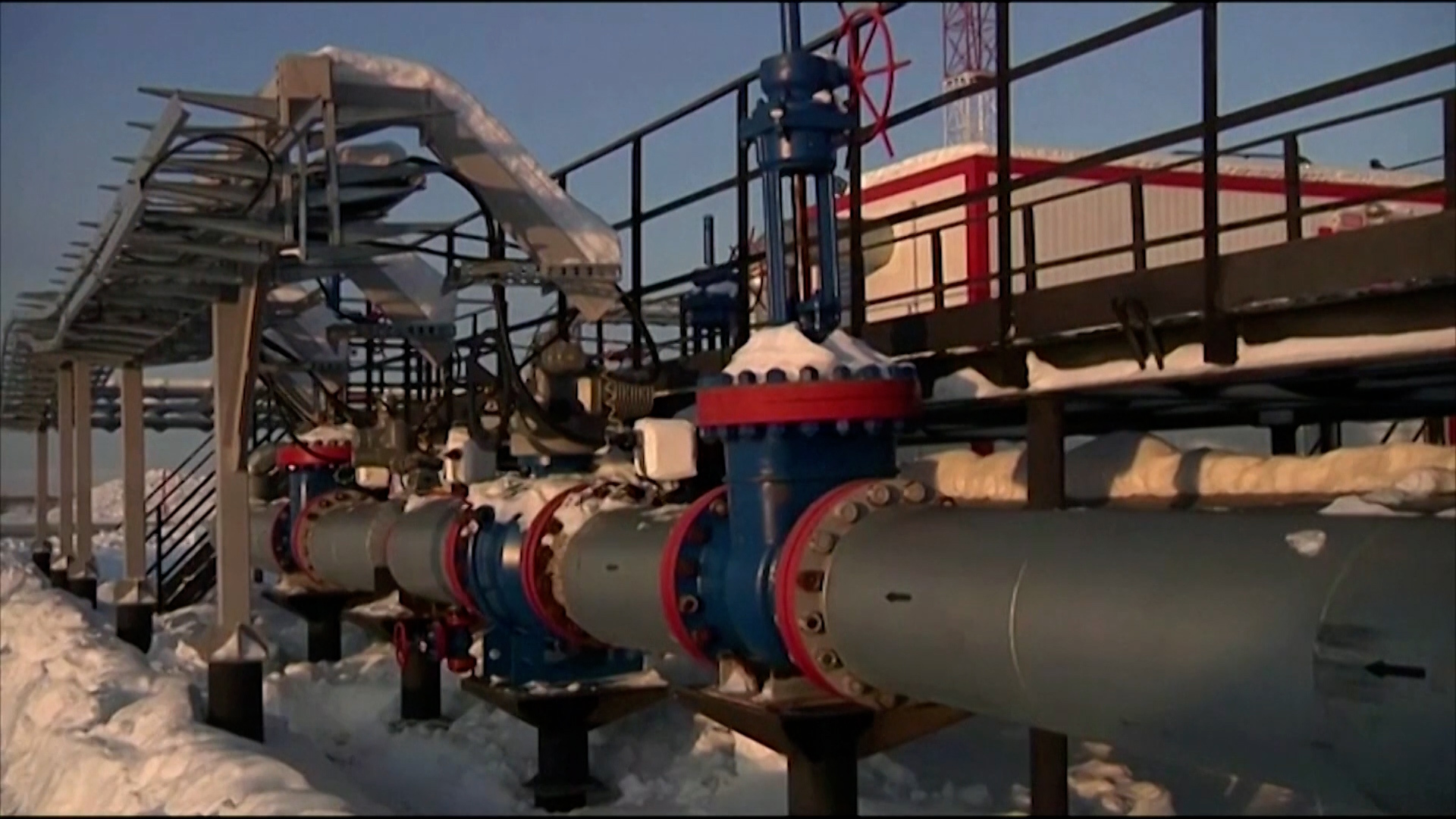German Chancellor Olaf Schulz said that his citizens feel that they are living in difficult times, stressing his country's ability to overcome the energy crisis, at a time when Europeans continue their consultations on setting an upper limit for gas.
While Washington took a decision to support this approach, Moscow warned the West against creating a slippery ground under its feet.
German Chancellor Olaf Schulz said that his country will overcome the current energy crisis, adding that his country has prepared itself to confront Russia's halt to its gas supplies.
Schultz explained that German citizens feel that they are living in difficult times, and reiterated the establishment of liquefied gas stations and the use of coal-fired power plants, and nuclear energy to confront the crisis.
The German government had set a target that its gas stocks would reach 95% by November 1, knowing that storage tanks are currently 87% full.
In the same context, "VNG", the third largest gas supply company in Germany, announced that it had requested assistance from the state due to financial difficulties.
The Corporation supplies 400 local and industrial customers with gas, according to its data.
Its sales amounted to 18.5 billion euros in 2021, and it employs about 1,500, and last year it covered one-fifth of Germany's gas requirements.
Unprecedented Actions
And the European Union countries continue their meetings to discuss the energy crisis in Europe before the winter, and the countries of the Union are studying a proposal to set a higher ceiling for Russian gas prices.
European Energy Commissioner Kadri Simpson said that imposing a ceiling on Russian gas prices is still under discussion, and that there is no single solution that will lower prices or meet Europe's gas needs.
Next week, the Commission is scheduled to propose unprecedented measures to deal with an unprecedented situation, according to the statements of the Commissioner for Energy Affairs.
Simpson said, after an emergency meeting of European energy ministers, that Russia's gas supplies to Europe through pipelines fell last year from 40% to 9%, and that there was an intention to search for other suppliers.
America on the line
For its part, the United States said that it is working to secure additional alternative resources for Russian gas.
The US Treasury has published preliminary guidance on the mechanism for capping the price of Russian crude oil and petroleum products.
A ministry statement said that the ban on maritime transport of Russian crude oil will enter into force starting from the fifth of next December, and the ban on maritime transport of other petroleum products will enter into force on the fifth of February next year.
The statement stated that this measure comes to ensure the preservation of Russian oil supplies to the global market, reduce the rise in energy prices, and reduce Russia's oil revenues.
The ministry pointed out that the ban imposed by Washington on the import of Russian oil and petroleum products will remain in effect after the mechanism is imposed on the United States.
It also confirmed its intention to impose sanctions on the parties that buy large quantities of Russian oil at prices that exceed its maximum price, or that provide forged documents in this regard.
She pointed out that the countries that agree to abide by this ceiling will be allowed to participate in the consultative process conducted by the coalition countries to determine it.
Instability
On the other hand, Russia has warned that the West's efforts to limit the prices of its oil exports will lead to instability.
The head of the Russian State Duma said that the efforts of Western countries will mean creating slippery ground under their feet, as he described it.
He said that energy prices are determined by demand, and that the efforts of the Group of Seven countries to set a price ceiling will not have the desired effect.
Moscow has threatened to stop its gas supplies to countries that set price ceilings.
African position
Regarding alternative resources for Russian gas, Senegalese President Macky Sall said, in an interview with Al Jazeera English, that Africa's hydrocarbon resources are among the solutions to the energy crisis in Europe, provided that this does not prejudice the requirements of local development.
"Africa can supply gas to European markets, but part of African gas must be directed to our markets, because we need a domestic development approach, it is unreasonable to produce gas while many people live without electricity. What is needed is a balance between the requirements of internal consumption," Sall said. and export necessities.

